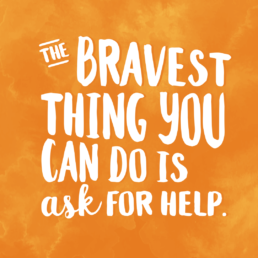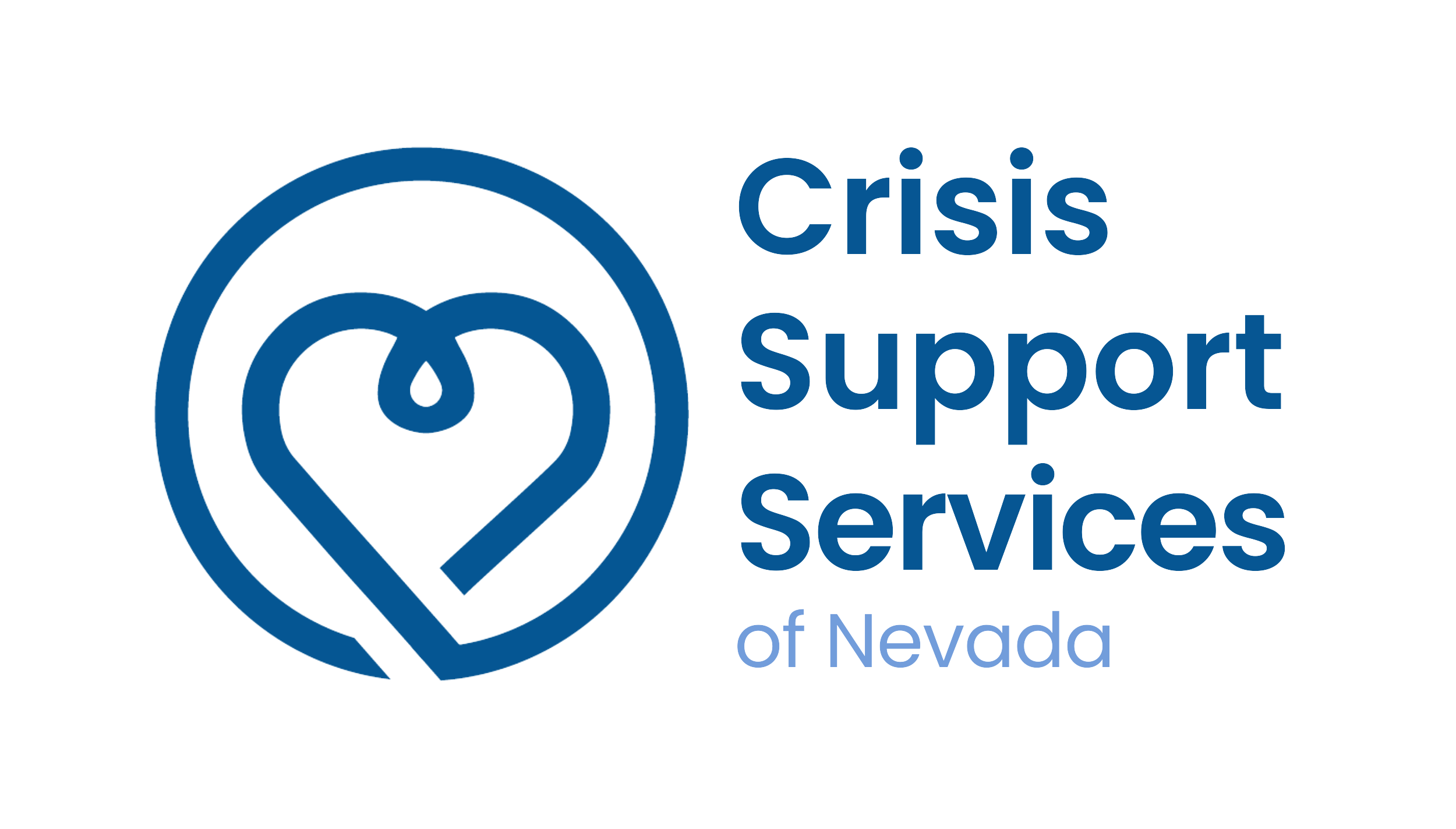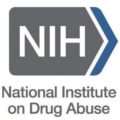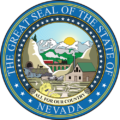We are Nevada’s lifeline.
Free and confidential, 24/7 in-the-moment substance use disorder support.
The Substance Use Disorder Helpline is a free, confidential, 24/7 phone and text line staffed by the Crisis Support Services of Nevada (CSSNV). It is available for anyone in the state of Nevada. This addiction help hotline not only supports people with drug and alcohol addiction, but provides support and help for family members as well.
When Someone in Nevada Calls orTexts The Substance Use Disorder Helpline:
They are offered free addiction help, as well as referrals to substance use disorder counseling and treatment resources throughout the state.
Crisis Support Services of Nevada’sSubstance Use Disorder Helpline is:
A 24-hour helpline that is completely anonymous and provides comfort, guidance, and resources to those struggling with addiction.
Crisis Support Services of Nevada has always provided de-escalation and safety planning services, but now ongoing support is available and facilitated by a case manager as a new service provided by our organization. By offering continued encouragement and guidance, it is our goal to help people in Nevada navigate to the appropriate services, at the appropriate place, at the appropriate time. There is hope for a better tomorrow.
It doesn’t matter how big or how small your crisis is, Crisis Support Services of Nevada is here. Addiction help is available free of charge, 24 hours a day, 7 days a week. Both drug and alcohol addiction can be treated. Tell us your story.
We are here to listen and help.

Get Substance Use Disorder and Addiction Help
Substance Use Disorder is the overindulgence in or dependence on an addictive substance, especially alcohol or drugs. Substance use disorder and addiction do not discriminate. It impacts all walks of life—every gender, ethnicity, race, sexual orientation, and socioeconomic class. You are not defined by your addiction.
Substance use disorder can start innocently and spiral out of control quickly. It can make its way into our lives without anyone realizing it’s made a home there. Substance use disorder impacts millions of people each year. We understand that people affected by substance use disorder can feel as if there is nowhere to turn—the recovery process does not have to be complicated or confusing. We have the resources to get you, or your family member, the help that you need.
If you or someone you know is struggling with substance use disorder, please call our hotline number toll-free at 1-800-450-9530 or text IMREADY to 839863. Together, we can get to a better tomorrow through judgment-free support. We provide resources for substance use disorder counseling and treatment for those struggling with addiction.
Warning Signs of Addiction and Substance Use Disorder
By recognizing the warning signs of addiction and substance use disorder in yourself or in others, you are taking the first steps in the addiction recovery process. From acknowledging you have a problem and transitioning from this awareness to taking action, you will learn more about why the addiction is present and what impact it has on you and the people around you.
By educating yourself through the resources that we provide, long-term recovery is possible. Learning how to develop new coping mechanisms and maintaining sobriety will also come hand-in-hand with stronger relationships and a healthier lifestyle. It is possible to make your greatest pain, your greatest strength.
Physical Signs of Substance Use Disorder Include:
- Extreme fluctuations in weight
- Bloodshot or glazed eyes
- Dilated or constricted pupils
- Broken capillaries on nose and face
- Noticeable inattention to personal hygiene
- Difficulty sleeping or sleeping too much
- Cravings and sickness when the substance is not available
Behavioral Signs of Drug Addiction Include:
- Anxiety, aggression, and irritation
- Changes in social interactions and networks
- Depression
- Changes in personality and daily habits
- Inability to focus
- Struggling to maintain relationships
- Engaging in criminal activity
If you find yourself or a loved one is struggling and continuing to use despite the negative consequences to themselves, family or friends, they may need substance use disorder help. If you are looking for ways to help someone suffering from substance use disorder and addiction, or feel you are suffering from alcohol addiction or drug addiction, please call the helpline toll-free at 1-800-450-9530 or text us at IMREADY 839863. Whether you or your family member is a long-term user, free addiction help is available.
Substance Use Disorder Resources
If you or someone you know is struggling with substance use disorder, you are not alone. There are a variety of resources and support systems to help you find a better tomorrow. Substance use disorder and drug addiction can be attributed to a variety of factors. You do not have to choose to suffer. Take control of your mental health.
Search Behavioral Health NV's database to find certified behavioral health providers specializing in substance use disorder and co-occurring mental health disorder treatment services.
Anonymous help is possible.
Substance use disorder help is accessible when you need it the most.
FAQs About Substance Use Disorder and Addiction
Whether you are an expecting mother, friend or family member of a loved one who is expecting, there are many resources available for pregnant women and their support systems as they navigate the delicate process of recovering from substance use disorder.
For women who are expecting, substance use disorder treatment can mean the difference between giving birth to a healthy child or having a baby with serious developmental problems—in some cases, stillbirth or death after delivery. While many pregnant women and teens fear the repercussions of sharing their drug or alcohol addiction or seeking professional help, it is clear that recovering from substance use disorder is by far much safer than giving birth while actively using and addicted.
Yes. Even medication meant to help a person with pain, sickness, or a mental health disorder can become addictive if not taken as directed, or if the medication was prescribed for another person. Your body may also react differently to certain medications. If you feel you are addicted to a medication prescribed by your doctor, speak with your doctor immediately.
Any chemical substance, whether legally prescribed by a doctor or used illegally for recreational purposes, can have a direct effect on the growth and health of the fetus. As they grow older, babies born exposed to drugs or alcohol before birth are more vulnerable to developmental delays, learning problems, and behavioral disorders.
Abusing alcohol can be determined by both frequency and volume of drinking. The U.S. Department of Health and Human Services defines binge drinking as four drinks in two hours for women, and five drinks in two hours for men. Drinking every day, thinking about drinking and not being able to, or drinking even when there are negative consequences are all signs that you may have an addiction. The faster you notice and accept the potential that you are abusing, the more likely you are to be able to turn your habits around. Reach out today.
The support of family and friends is critical to helping someone struggling with substance use disorder. Starting the conversation around addiction can be difficult. The National Institute on Drug Abuse has many resources for family members and friends who are looking to assist a loved one: NIDA Where Family Can Go For Information and Treatment Options. You can also call 775-825-4357 or 1-800-450-9530 for information and resources.




